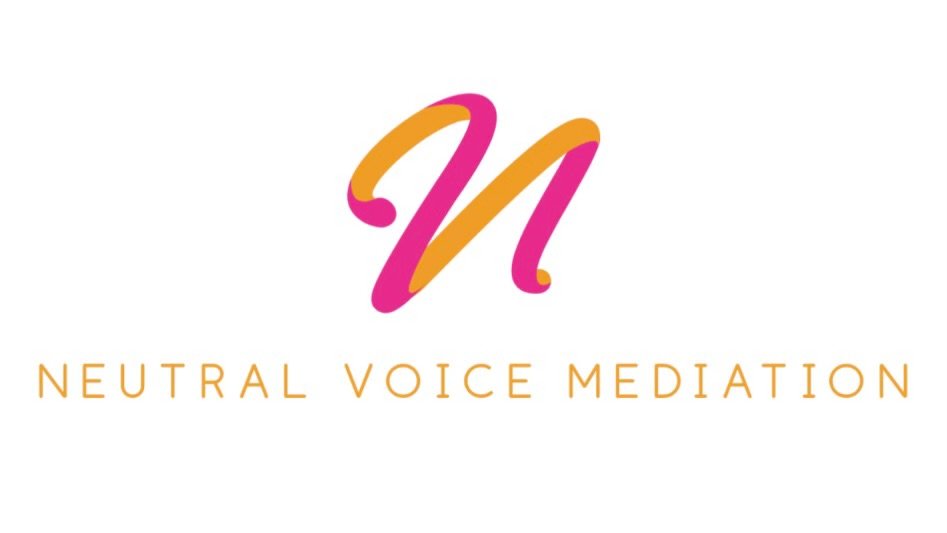Navigating School Conflicts: The Power of Mediation for Parents and Teachers
As the new school year approaches, parents and teachers are preparing to create a supportive and productive environment for students. However, conflicts can arise between parents and school administrators or teachers, whether it's over discipline, a child’s needs, or bullying. These disputes can escalate, causing stress and distraction for everyone involved, especially the children. Mediation offers a private, effective solution for resolving these conflicts without the need for court intervention. Here’s why mediation is a crucial tool for handling school-related disputes and how it benefits everyone involved.
The Consequences of Going to Court
Taking a conflict to court should always be a last resort. Here are some of the potential downsides of resolving school disputes in a legal setting:
Stress and Anxiety: Legal proceedings can be highly stressful for both parents and school staff. This stress often spills over to the children, affecting their emotional well-being and academic performance.
Time-Consuming: Court cases can drag on for months or even years, prolonging the conflict and creating ongoing tension.
Financial Burden: Legal fees can add up quickly, creating a significant financial burden for families.
Public Exposure: Court cases are a matter of public record, which can lead to unwanted publicity and stigma for both families and schools.
Damage to Relationships: The adversarial nature of court proceedings can further strain relationships between parents and school staff, making future cooperation more difficult.
The Impact on Children
When conflicts between parents and teachers or school administrators escalate, children often suffer the most. Here’s how unresolved disputes can affect students:
Disruption in Education: Ongoing conflicts can disrupt a child’s education, leading to decreased academic performance and attendance issues.
Emotional Distress: Children are sensitive to tension and conflict between the adults in their lives. This can lead to anxiety, depression, and behavioral issues.
Lack of Support: When parents and teachers are at odds, it can create a lack of cohesive support for the child’s development and well-being.
The Benefits of Mediation
Mediation provides a constructive and private way to resolve conflicts between parents and school administrators. Here are the key benefits of choosing mediation over court proceedings:
1. Confidentiality
Mediation sessions are private and confidential, allowing all parties to speak freely without fear of public exposure. This helps maintain the dignity and reputation of both families and schools.
2. Preserving Relationships
Mediation focuses on collaboration and mutual understanding, which helps preserve and even strengthen relationships between parents and school staff. This cooperative approach is particularly beneficial for the child’s long-term support system.
3. Faster Resolution
Mediation can often resolve disputes more quickly than court proceedings, allowing everyone to move forward and focus on the child’s education and well-being.
4. Cost-Effective
Mediation is generally less expensive than going to court, saving both time and money for families and schools.
5. Empowerment and Control
In mediation, the parties involved have more control over the outcome. This empowerment can lead to more satisfactory and lasting agreements compared to court-imposed decisions.
How Mediation Works
As a mediator, I facilitate discussions between parents and school administrators to address conflicts and find mutually agreeable solutions. Here’s how the mediation process works:
Initial Consultation: We begin with an initial consultation to understand the nature of the conflict and the goals of both parties.
Mediation Sessions: During mediation sessions, I provide a neutral and supportive environment where all parties can express their concerns and work towards a resolution.
Agreement Drafting: Once an agreement is reached, I help draft a formal document outlining the terms of the resolution.
Follow-Up: I offer follow-up sessions to ensure the agreement is being implemented effectively and to address any new issues that may arise.
Get Started with Mediation Today
If you’re experiencing conflicts with school administrators or teachers, mediation can provide a peaceful and effective resolution. By choosing mediation, you can protect your child’s well-being, maintain positive relationships, and avoid the stress and expense of court proceedings.
Contact me today to schedule a mediation session and take the first step towards resolving your school-related conflicts amicably.
By focusing on these aspects, parents and school administrators can ensure a smoother, more supportive school year for the children, fostering a positive educational environment. If you need assistance in resolving conflicts through mediation, I’m here to help.

